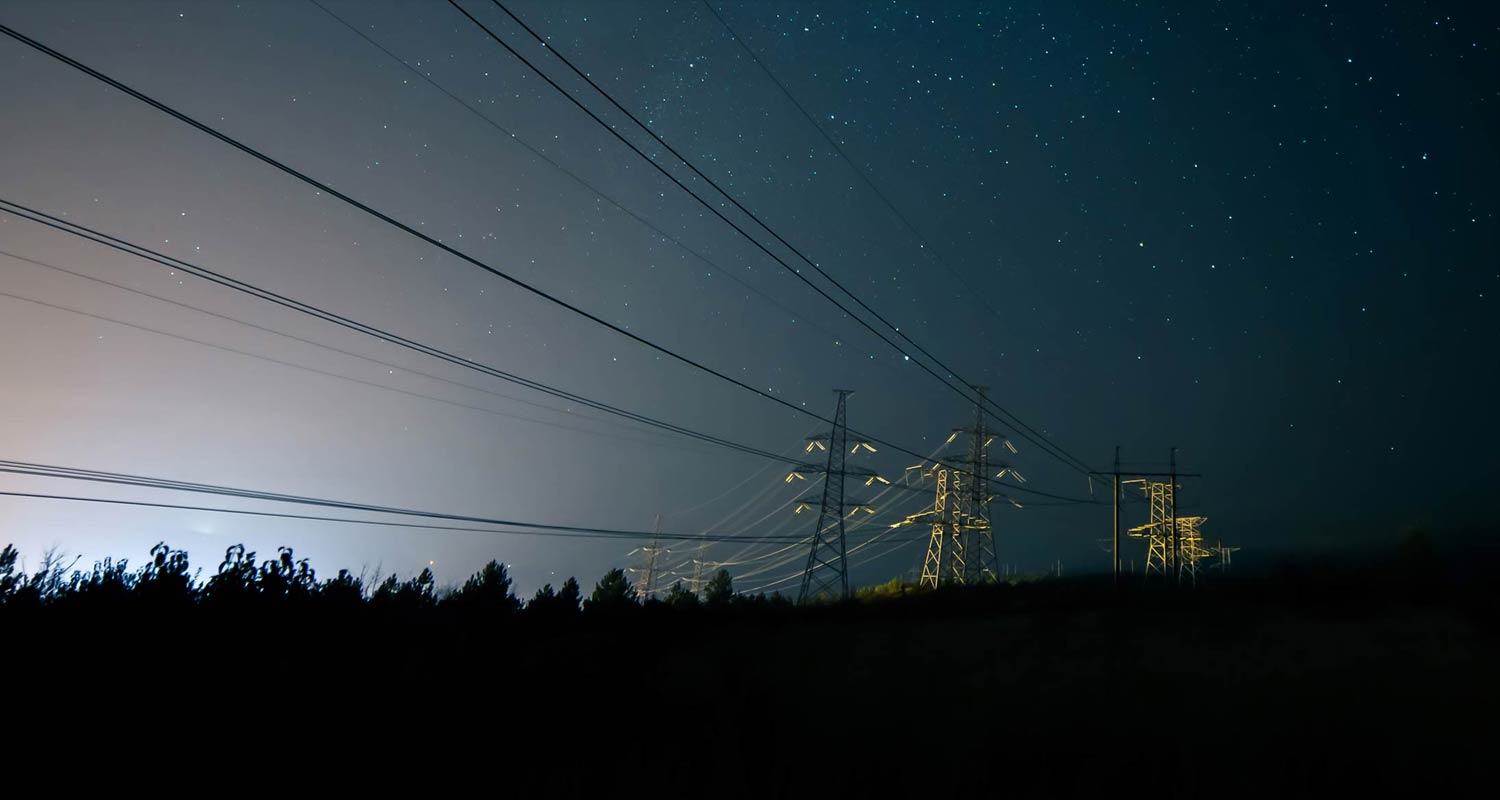Try our mobile app

One of the positive features of the government of national unity has been the openness of ministers to engage with business. A better understanding of each other’s needs and objectives can help all of us make progress. Last week, energy minister Kgosientsho Ramokgopa addressed our members on the progress of electricity systems reform. Later this month we will host the minister of trade, industry & competition, Parks Tau, and his colleague Ronald Lamola, the minister of international relations & cooperation. These ministries, among others, play an important role in affecting the business environment and the ability of businesses to invest and grow. The legislative foundation for competitive electricity markets is now in place. The amended Electricity Regulation Act allows Eskom’s restructuring into separate generation, transmission and distribution entities, breaking the monopoly that constrained our energy future. Most significantly, the Independent Transmission Project Office is established and will unlock billions in private transmission investment, starting with 1 164km of new lines that will release 3.2GW of stranded renewable capacity in the Northern Cape and Western Cape. Municipalities owe Eskom more than R110-billion, while customers owe municipalities more than R370-billion With Eskom’s availability factor now stabilising around 65% and additional capacity from Medupi and Koeberg units coming online, we have breathing room to implement structural changes properly. But immediate wins are within reach if we can resolve current bottlenecks. Current grid access disputes are blocking renewable energy projects and preventing energy traders from participating in virtual wheeling – undermining the very competition we’re trying to create. Some exporters face losing EU market access within 12 months due to carbon border adjustments, while we struggle to issue renewable energy certificates quickly enough. The minister’s commitment to have Nersa’s board chair lead the resolution of grid access rules offers a concrete near-term milestone we can track. Payment crisis The underlying challenge is more fundamental. Municipalities owe Eskom more than R110-billion, while customers owe municipalities more than R370-billion – a payment crisis that threatens system sustainability. Over 95% of municipalities lack qualified electrical engineers, undermining their ability to collect revenue, maintain infrastructure or plan for growth. Our current distribution system is simply not fit for purpose, and numerous interventions to address the culture of non-payment have failed to solve the problem. As Ramokgopa explained, Eskom must serve as a supplier of last resort for millions of poor South Africans, but this social obligation requires a sustainable financing model that current structures cannot deliver. The distribution agency agreements being developed could address this systematically, but implementation will require the kind of coordinated effort that has made our energy partnership successful. Read: World Bank set to back South Africa’s big energy grid roll-out The minister acknowledged the tension between urgency and implementation quality directly – slow progress risks undermining market sentiment while rushed reforms could trigger system failures. His message was clear: government understands the urgency but recognises that getting complex reforms right takes time. It’s a difficult balance, but one made easier through the collaborative approach we’ve established. What gives me confidence is how this partnership has evolved. The minister explicitly credited business as “very central in the resolution of the energy question” and accepted our offer to provide embedded skills capacity – from modelling expertise to policy articulation support. This isn’t just consultation; it’s genuine co-creation of solutions where business expertise can help government navigate reform complexity. The author, Business Leadership South Africa CEO Busi Mavuso While full transmission system independence may take several years, we can accelerate progress on immediate priorities: resolving grid access rules, enabling curtailment that could add capacity quickly and developing the municipal engineering capacity that underpins system sustainability. These are concrete areas where business skills and government authority can combine for rapid impact. This collaborative model has proven successful across government – from home affairs to basic education. As government focuses increasingly on local government delivery, we’re ready to contribute capacity and insight where it’s most needed. Read: South African AI energy start-up in R32m funding round I am optimistic that we can maintain momentum. Ramokgopa’s detailed engagement demonstrates how business is now viewed as a genuine partner in solving complex policy challenges. The foundation is solid, the partnership is proven and the pathway is clear – even if the timeline tests our collective patience. Get breaking news from TechCentral on WhatsApp. Sign up here . Read more articles by Busi Mavuso Don’t miss: The little-known company disrupting Eskom’s monopoly